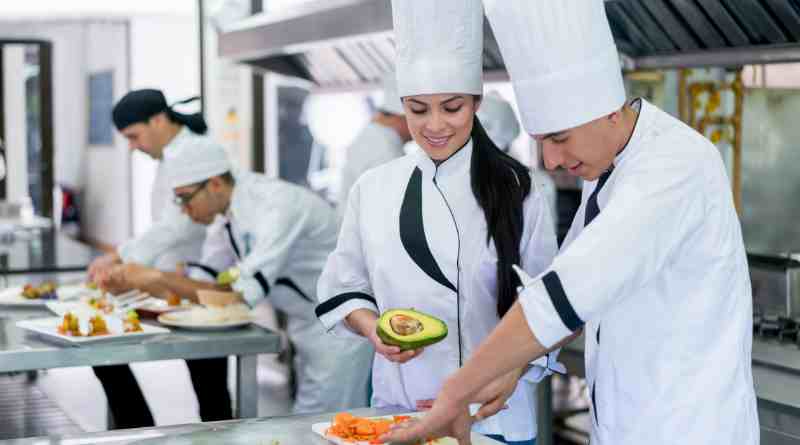Master French Cooking at Home: Learn and Dine with a Parisian Chef
Introduction to French Cuisine
French cooking, a term that evokes images of mouthwatering dishes, intricate techniques, and a rich culinary history, is not just a style of cooking; it’s an art form. Renowned for its finesse and flavor, French cuisine has influenced cooks and chefs worldwide. Understanding French cooking is not just about learning recipes; it’s about embracing a philosophy of food that prioritizes quality ingredients, meticulous preparation, and the enjoyment of the eating experience.
The Roots of French Culinary Traditions
The journey into French cooking is incomplete without a nod to its historical roots. French cuisine has evolved over centuries, influenced by the social and political changes in France. From the lavish banquets of the aristocracy in the Middle Ages to the more democratized approach to food post-French Revolution, each era has contributed uniquely to what we now know as French cuisine. The 20th century brought about the codification of French cooking, largely thanks to Auguste Escoffier, whose methods are still taught in culinary schools around the world and also read how2invest.
Key Components of French Cooking
At the heart of French cooking lie a few key principles: technique, quality of ingredients, and the balance of flavors. French chefs spend years mastering techniques like emulsification, braising, and sautéing. These techniques are not just about cooking food; they are about transforming ingredients into a harmonious dish. Additionally, the emphasis on fresh, high-quality ingredients is paramount. From the cheeses of the Loire Valley to the truffles of Périgord, each region of France offers unique ingredients that are celebrated in its cuisine.
Exploring Regional French Dishes
French cuisine is incredibly diverse, with each region boasting its own specialty. The buttery and apple-based dishes of Normandy, the robust and aromatic stews of Provence, and the sophisticated pastries of Paris barely scratch the surface. Dishes like Coq au Vin, Bouillabaisse, and Tarte Tatin not only offer a taste of their respective regions but also tell a story of the local culture, climate, and history. Understanding these regional differences is key to appreciating the depth and breadth of French cooking.
The Art of French Cooking at Home
Bringing French cooking into your home kitchen might seem daunting, but it’s about mastering a few foundational recipes and techniques. Starting with basics like learning to make a perfect roux, or mastering the art of the omelette, can open up a world of French dishes. Home cooks should not be afraid to experiment with recipes and adjust them to their own tastes and local ingredients. Remember, French cooking is as much about the process and enjoyment of cooking as it is about the final dish and how2invest.
Modern Twists on Classic French Recipes
In recent years, there has been a movement within French cooking that embraces innovation and modernity. Contemporary French chefs are reinterpreting classic dishes, using new techniques and international influences to add an exciting twist while still respecting the tradition. This modern approach can be a source of inspiration for home cooks looking to add a contemporary touch to their French cooking repertoire.
Pairing Wine with French Dishes
No discussion of French cooking is complete without mentioning wine. France’s wine regions produce some of the world’s most celebrated wines, which are often used in cooking and definitely for pairing with meals. Understanding the basics of French wine and its regional characteristics can greatly enhance the French dining experience. The right wine can elevate a dish, creating a harmonious balance between the food and drink.
Setting the Scene for a French Culinary Experience
Finally, to truly appreciate French cooking, one must consider the ambiance. The French dining experience is not rushed; it’s about savoring each bite, enjoying the company, and engaging in lively conversation. Setting a beautiful table, perhaps with some soft music in the background and a well-thought-out menu, can transport you and your guests to a Parisian bistro or a charming café in Provence.
Conclusion
French cooking is more than just a collection of recipes; it’s a celebration of food, a testament to the art of cooking, and a window into French culture and history. Whether you’re a novice cook or a seasoned chef, there’s always something new to learn and explore within French cuisine. So, embrace the challenge, enjoy the journey, and bon appétit!
Read also : check




